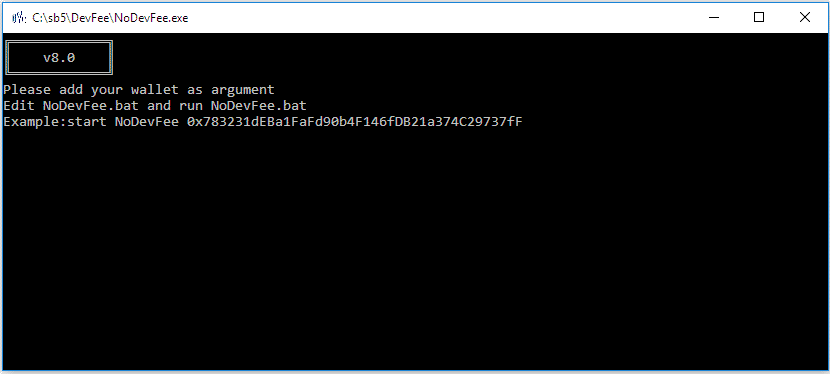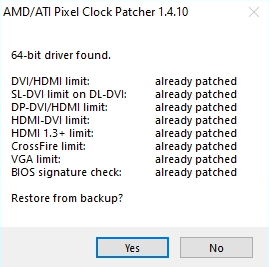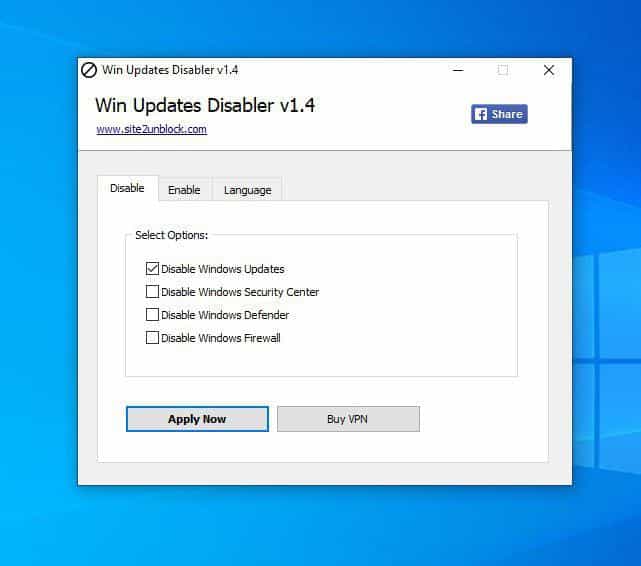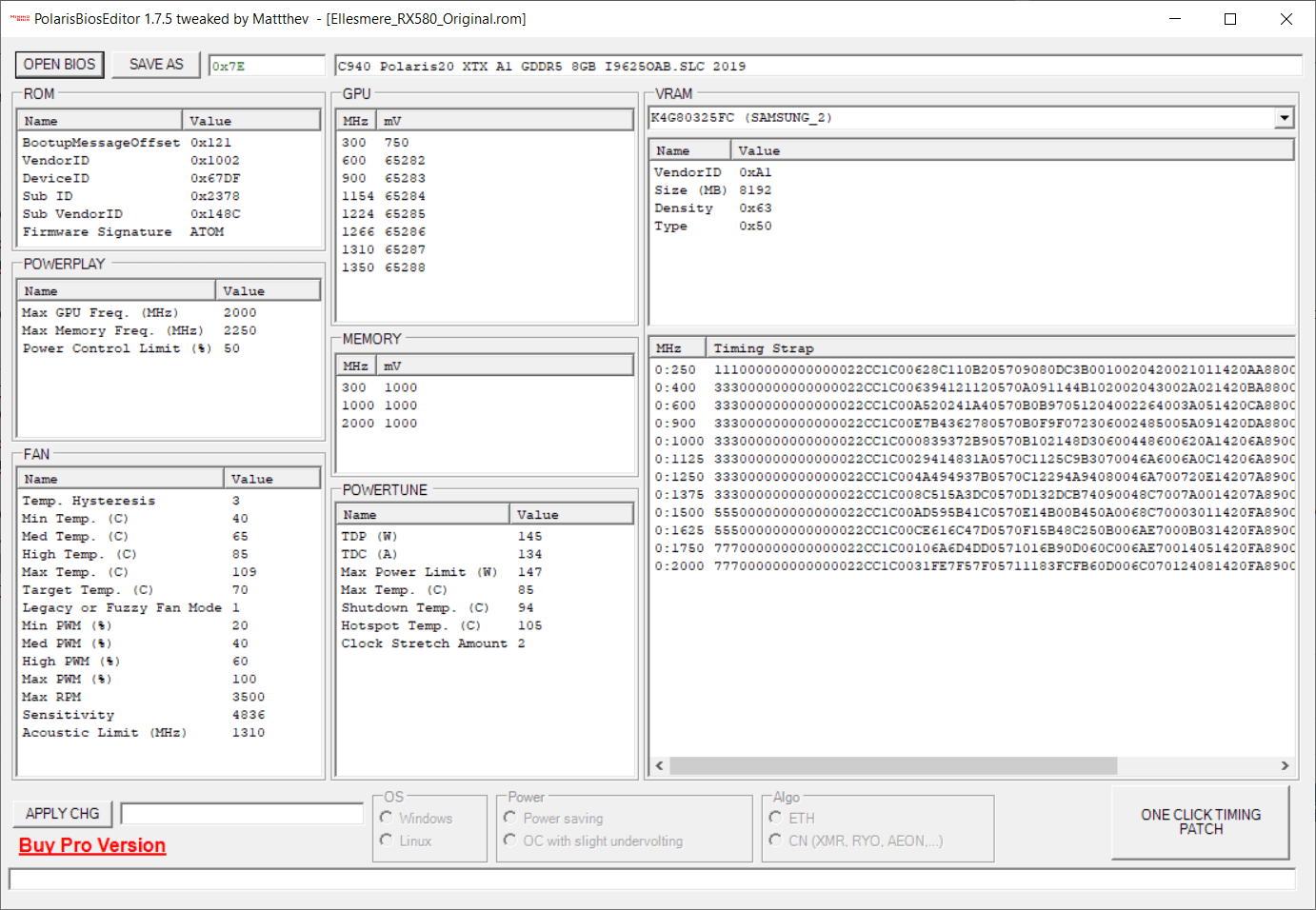In Craig Wright Trial, Plaintiffs Lay Out Pattern of Fraud, Deceit and Hubris
Lawyers for Ira Kleiman and W&K Info Defense Research began painting an unflattering portrait of Craig Wright, his business practices and interpersonal relationships at the Miami courthouse on Tuesday and Wednesday.
On both days, testimony was given against Wright regarding his business dealings with Kleiman’s late brother, David Kleiman. The entire crypto community is riveted by attention to this case, due to the large amount of financial data involved in the case, especially bitcoin wallets associated with Satoshi Nakamoto, the creator of Bitcoin under a pseudonym.
On Tuesday, former bitcoin developer Gavin Andresen claimed that Wright, an Australian computer scientist best known for his widely-debated claim that he was Nakamoto, had deceived him. He began to doubt Wright even before the evidence he provided. Even access to Satoshi’s private keys did not convince him.
Andresen’s testimony was only part of what was to happen at Kleiman’s trial against Wright, which is being closely watched in connection with Wright’s story that he claimed to be the inventor of Bitcoin, but was unable to prove it convincingly.
If the plaintiffs win in this case, then Wright will be obliged to give them a share of intellectual property in the amount of 1.1 million bitcoins worth $ 68 billion. Which, according to the plaintiffs, are controlled by Wright. But the community of this industry doubts the existence of these coins, as well as Wright’s possession of this information. And whether the court will be able to force him to fulfill the demands of the plaintiffs.
‘I’ve never received a cent’
Jamie Wilson, director of the Australian cybersecurity firm Cryptoloc, testified via prerecorded videos about his former business dealings with Wright.
Wilson stated, in fact, that he met Wright in 2012 after studying about bitcoin in 2011, and took a director’s deal for a joint required amount of Wright’s firms, covering mother-in-law and coin replacements.
As of October, December 23, 2013, Wilson Cent Wright an Race is leaving his positions at four Wright companies.
“I’m not used to it,” Wilson told the “lawyers” when they asked him about the grounds for perdition. “I didn’t like the road, he was running, his business, his ethics and moral spirit, “The road he cured people.””
Wilson stated, in fact, that he did not suspect that Wright, in fact, when he stated “a lot of bitcoins” and funds that were fixed in the United States on the balance sheets of firms. The concern, in fact, that the funds came from the contract of the US government, it was undocumented, Wilson stated, in fact, that he shared his own speeches with Wright, who stated, in fact, that the funds came from indisputable studies and formation.
When Wilson delved into the company’s records, he told the lawyers that he discovered that the money was received at W&K – according to the plaintiffs, the organization was a business agreement between Dave Kleiman and Wright on bitcoin mining and the development of intellectual property related to blockchain technology.
Wilson stated, in fact, that his garters were reinforced by a change in Wright’s behavior and lifestyle after the death of Dave Kleinman in April 2013. Before his death, Kleinman Wilson described Wright as a driver of a “pretty cheap car”, “living in rented property and wearing hoodies.”
After the death of Dave Kleinman, Wilson outlined Wright’s attention in “Watchmen, Flash Suits”… a radical change in the way of life.”
“His arrogance, his belief that he should change, just caused a lot of problems,” Wilson tested.
Wilson also stated, in fact, that Wright never pays him or other Hotwire forces-during Wilson.
“I didn’t get a dime,” Wilson said. He added, in fact, that he had never been re-elected for traveling or down-paying for office rent, and in fact that other forces of Wright were obliged to make money from friends and family in order to stay.
Wilson found out that, however, he did not expect to receive a salari and only just found it, taking into account the salari of $150,000 a year, when the Australian Taxation Office (ATO) informed him that he needed to pay taxes on it, because Wright reported the payment.
“I didn’t get a dime in any place,” Wilson repeated.
Ira Kleiman takes the stand
According to Ira Kleim’s testimony, his first meeting with Wright took place in February 2014, about a year after his brother’s death, when Dave Kleiman’s friend Patrick Page forwarded Ira an email from Wright (dated February 12, 2014) discussing their alleged bitcoin mining partnership.
The day after the letter, Ira turned to Wright with a request to provide more facts confirming Dave’s participation in writing information under the same pseudonym. According to him, he is not looking for fame, but would simply be proud of his brother if he participated in the creation of something amazing.
The court then heard about a two-month communication between Ira Kleiman and Wright, during which they discussed the role that Wright claims he and Dave played in the creation of Bitcoin.
“I had math skills and some programming skills that, frankly, were difficult (better than some, but really),” Wright told Irze Kleiman in an email on March 7, 2014. “Dave could edit his way through hell and back. I’m not a team player. I’m a terrible boss and slaveholder, but with Dave I was so much more… Satoshi was the team.”
Growing mistrust
However, in April 2014, the relationship between Ira Kleinman and Wright began to deconstruct.
Ira Kleiman showed the jury a letter dated April 15, 2014 from Andrew Miller of the Australian Taxation Office regarding Dave Kleiman’s estate.
Ira Kleinman said that she first learned that Wright had filed a lawsuit against W&K in an Australian court, and announced to the Australian authorities that Dave Kleinman had paid 40 million Australian dollars for ”financing projects” of W&K.
In an email, Miller asked Ira Kleiman a number of questions about W&K, including whether Wright knew he was suing an Australian company, or that Dave Kleinman’s estate may have purchased bonds worth 40 million Australian dollars from Wright to finance W&K projects.
Miller’s letter also stated that a peace agreement had been concluded with the Wright-owned company on the transfer of property from W&K, and a 21-year-old Vietnamese woman named Wen Nguyen was appointed director of W&K. Miller asked Kleiman if he wanted Nguyen to agree to a peace treaty.
Kleiman told the jury that when Miller sent the letter, he knew nothing about W&K and had no idea who Nguyen was. He also said that the estate did not take money from Wright or any related organization.
On April 23, 2014, Kleiman reached out to Wright via email for answers. “Dave’s signature, his resignation, the transfer of all accountable value, Uyen’s role as director, BAA projects, etc. For example, I feel that there are inconsistencies in the contracts between you and W&K. Decrees between you and W&K…I really think we need to fix the unilateral exchange of contracts,” Kleiman wrote.
“It is clear from these documents that you see that assets are systematically transferred to you from W&K. I completely believed what you told me before April 15,” Kleiman wrote to Wright in another letter. “However, you never talked about any action against W&K before contacting us.”
Plaintiffs’ lawyers showed the jury a contract under which Dave Kleiman allegedly gave Wright control of W&K’s assets on April 2, 2013 (24 days before his death).
The signature-open and oblique-is completely different from Dave Kleiman’s other signatures, for example, when he signed the large circular letter “D” shown in his will, followed by a scribble.
“This is not my brother’s signature,” Ira Kleinman said, referring to the signature in the contract to the jury.
March April 2014, in the same month, Miller wrote another letter to Kleiman with a request to confirm the validity of the contract submitted to ATO Wright in March 2014.
“This means that you have purchased shares of the Australian company Coin Exch Pty Ltd in the amount of $ 10.5 million. Do you know about this, and if so, how did you pay for this part of the capital? ”
Kleiman told the jury that he had never bought shares in a currency exchange.
Former nChain lawyer speaks
Jimmy Nguyen, a former attorney for the London-based company unchain, in which Wright is a senior researcher, also testified about Wright’s involvement in nChain and his words that he is Satoshi Nakamoto.
Nguyen testified that Wright had shared with him that he and Dave Kleiman had posted messages about Satoshi’s accounts.
He also revealed that in 2014, Wright demanded “more money than Rwanda.”



















